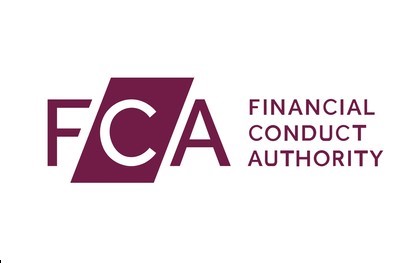One in five defined contribution (DC) pension schemes reported an increase in requests to reduce contributions or opt out of pension saving, while one-in-six have seen an increase in requests for early access to pensions savings, research from Aon has revealed.
Aon's DC Today survey revealed a “significant shift” in members’ behaviour as they to current economic challenges and recent market volatility, with a further 43 per cent of schemes also reporting increase in queries or concerns about investment performance.
In addition to this, 10 per cent of respondents reported an increased interest in investment switching, with Aon warning that this "may be a cause for concern" as the values of a broad range of assets are depressed, meaning savers could be crystalising losses.
However, the survey revealed that many DC schemes are looking to increase the support for members amid the current economic challenges, as nearly half (46 per cent) of DC schemes have or are considering putting additional support in place amid the cost-of-living crisis.
A further 22 per cent of respondents stated that they are improving communications about the support that is already available, while almost half (47 per cent) of schemes have issued additional communications, and a further 23 per cent are considering doing so.
More than a quarter (26 per cent) of respondents are also, or are considering, allowing additional flexibility for members around contributions.
Commenting on the findings, Aon associate partner, Steven Leigh, stated: “Recent economic challenges, including high inflation and the impact on the cost of living, have had a considerable impact on people’s finances.
“It is concerning, but perhaps not surprising, that one in five DC pension schemes report an increase in members reducing or ceasing their pension contributions. While this action may help individuals alleviate short-term pressures, it risks leading to a significant reduction in their retirement income."
“In order to make up this shortfall, savers would have to pay increased contributions each and every year until retirement. Therefore, it’s vital that the implications of opting out of workplace pension saving are fully communicated and understood before people take this step.”
Latest News
-
Govt urged to prioritise pension policy stability in Spring Statement
-
Just Group underlying operating profit falls by 39%
-
Employers warned modest pension defaults risk worsening adequacy gap
-
Aegon updates modelling tool to help members benchmark retirement needs
-
News in brief - 27 February 2026
-
PPF levy to remain at zero for 2026/27
Private markets – a growing presence within UK DC
Laura Blows discusses the role of private market investment within DC schemes with Aviva Director of Investments, Maiyuresh Rajah
The DB pension landscape
Pensions Age speaks to BlackRock managing director and head of its DB relationship management team, Andrew Reid, about the DB pensions landscape
Podcast: From pension pot to flexible income for life

Podcast: Who matters most in pensions?

In the latest Pensions Age podcast, Francesca Fabrizi speaks to Capita Pension Solutions global practice leader & chief revenue officer, Stuart Heatley, about who matters most in pensions and how to best meet their needs
© 2019 Perspective Publishing Privacy & Cookies










Recent Stories